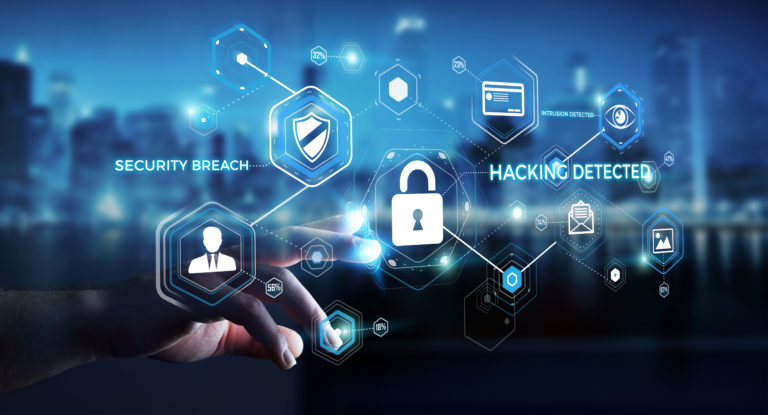
Right now most businesses are focused on proactive risk management, especially since we’ve been in a global pandemic for two years. Over the past two years, businesses have seen a dramatic increase in cyber attacks through ransomware, bots traffic, and phishing emails. As more businesses transition to remote work and accelerate their digital transformation, the risk of exposure to cyber-attacks increases.
“McAfee Enterprise and FireEye released Cybercrime in a Pandemic World: The Impact of COVID-19 findings, revealing the imminent need for organizations to prioritize and strengthen their cybersecurity architecture. The findings indicate that during the pandemic, 81% of global organizations experienced increased cyber threats with 79% experiencing downtime due to a cyber incident during a peak season.” (Link to source)
As your business focuses on evolving your digital footprint, a strong plan & strategy for cybersecurity should be a priority no matter the size of your organization. Assessing your business’s cybersecurity risk is very important to ensure assets and intellectual property are protected in your business.
Some important factors to consider when it comes to security include:
- Securing your remote workforce to ensure processes and procedures are in place to protect assets, data, and trade secrets
- Having processes and SOPs in place to manage business risk to reduce audit penalties and lawsuits
- Business systems authentication for mobility and data security
- Data classification and protection to ensure compliance
- Ensuring protection from phishing emails, ransomware, bot traffic, website hacks, etc.
- Disaster recovery planning
Just because your organization is small and/or you’re not currently regulated, doesn’t mean you are immune to breaches. Having a CISO in place to lead your security initiatives is important for all-size organizations. Smaller organizations tend to band-aid this role by adding additional responsibilities like Security to the duties of an Administrator or an Engineer. However, true leadership, guidance, and focus is needed around the role of Security. If hiring a full-time employee is not a feasible option for your business, the best alternative is to leverage the services of a Fractional CISO from a third party outside your organization.
Bringing in a seasoned Fractional CISO allows you to utilize their many years of experience assessing business risk, and augment other roles within your organization. Whether on-site or virtual, the CISO will attend meetings, events, operations, and strategic planning sessions: all areas this role would benefit your organization the most. This type of engagement is consultative in nature and will drive the creation and implementation of assessments, technology roadmap, re-designed architecture, policies, and bringing in a managed service provider to remediate any findings.
Unfortunately, cybercriminals have used the pandemic as an opportunity to increase their criminal activities by exploiting the vulnerability of companies going digital and employees working from home. There are many ways to decrease the risk and potential impact of a cyberattack, but it requires action, and a dedicated team or individual to focus and plan. Now, more than ever, businesses need to focus on having and implementing a cybersecurity plan that will protect them from cyber threats and risks.
Co-Authors: Y’vonne Ormond, Donna Hale, & Aleah Wood
